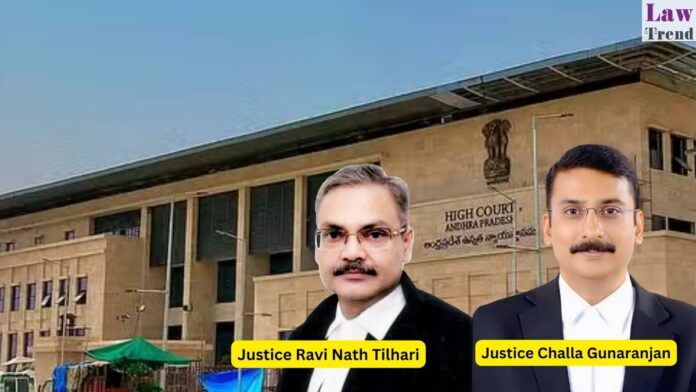The Andhra Pradesh High Court has held that excess salary paid due to erroneous pay fixation upon reappointment cannot be recovered from a retired police constable, as he falls within the exceptions laid down by the Supreme Court for protection against such recoveries. The Division Bench of Justice Ravi Nath Tilhari and Justice Challa Gunaranjan
To Read More Please Subscribe to VIP Membership for Unlimited Access to All the Articles, Download Available Copies of Judgments/Order, Acess to Central/State Bare Acts, Advertisement Free Content, Access to More than 4000 Legal Drafts( Readymade Editable Formats of Suits, Petitions, Writs, Legal Notices, Divorce Petitions, 138 Notices, Bail Applications etc.) in Hindi and English.




